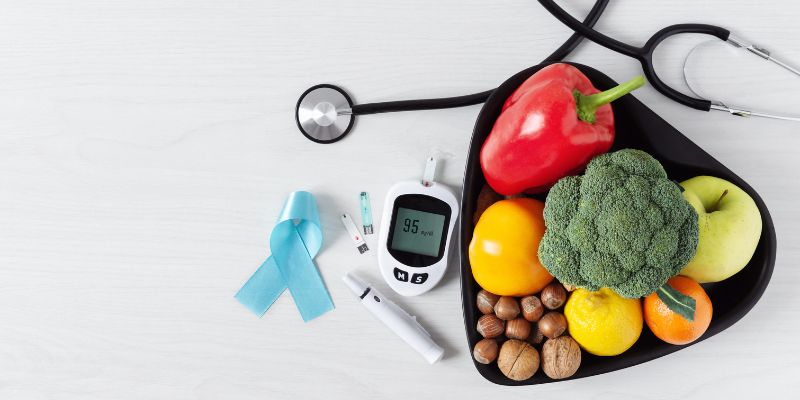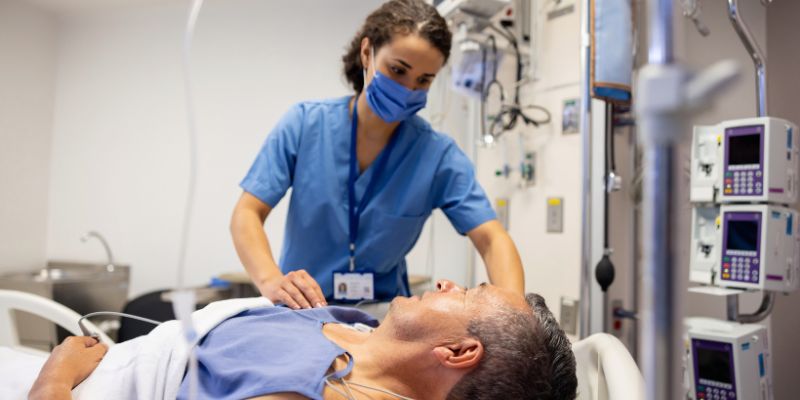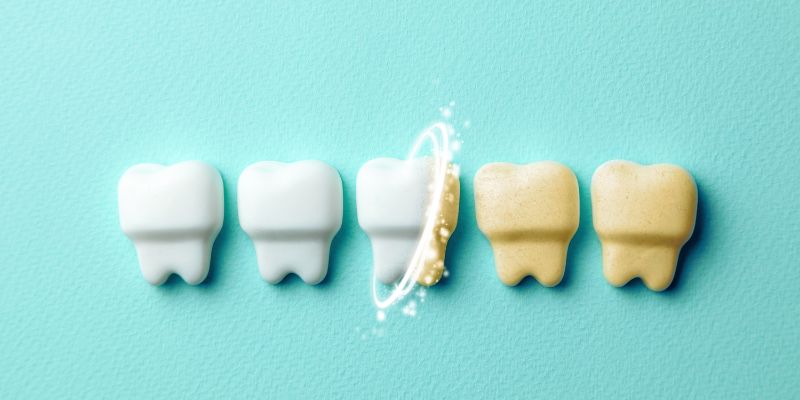What Is The Best Treatment For Macular Degeneration: An Overview
The leading cause of visual loss, macular degeneration, mostly affects older folks, yet many people are not aware of the best treatment approaches. Untreated, it can interfere with daily tasks, including driving, reading, and even face recognition. Fortunately, even if there is no cure, treatments are meant to slow down its advancement and guard your vision. Preserving your eyesight requires knowing the correct therapies based on whether you have dry or wet macular degeneration.
From lifestyle adjustments to sophisticated medical procedures, knowing what best fits you will make all the difference in preserving your quality of life. This article investigates the most efficient treatment choices for macular degeneration, offering simple, understandable advice that will enable you to take the correct action to save your eyes and slow the consequences of this widespread condition.
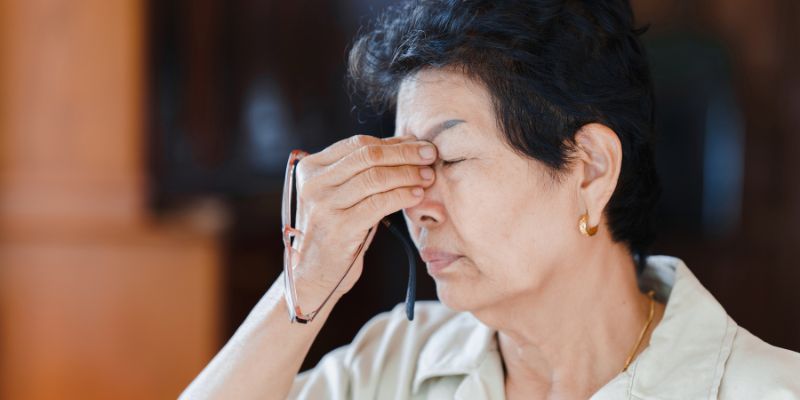
Types of Macular Degeneration
The two main kinds of macular degeneration are dry and wet. Each kind impacts the eye differently and requires different treatment strategies.
Dry Macular Degeneration:
About 8090% of cases of dry macular degenerationthe more prevalent formare related to it. Usually impacting senior persons, it moves slowly over time. When the macula thins with aging, dry macular degeneration results in blurriness and a slow loss of central vision. However, this type has no cure; lifestyle adjustments and particular vitamin supplements can help control the symptoms and slow their development.
Wet Macular Degeneration:
Less often occurring but significantly more severe and aggressive is wet macular degeneration. It arises when aberrant blood vessels leak blood or fluid beneath the retina. It produces fast and more severe eyesight loss. To stop more damage, immediate medical treatment like laser therapy or anti-VEGF injections is vital. Wet macular degeneration advances rapidly; hence, early medical attention is necessary to preserve eyesight. Effective therapy depends on knowing which kind you have. Hence, early diagnosis and frequent eye exams are vital for managing both types.
Best Treatment Options for Dry Macular Degeneration
Although dry macular degeneration cannot be cured directly, numerous therapy approaches can help slow its development.
- AREDS Supplements: AREDS pills are one of the most successful therapeutic choices available. Rich in antioxidants and zinc, these pills help shield eye cells from more harm. Particularly in those with light to severe forms of the condition, studies have indicated that AREDS supplements can reduce the likelihood of dry macular degeneration developing to more severe stages.
- Healthy Diet: Maintaining eye health depends on a diet heavy in antioxidants. Highly helpful foods are leafy greens, fruits, and seafood-heavy in omega-3s. These foods contain vital nutrients that maintain macula health and can help the disease's progression be slowed.
- Lifestyle Changes: Giving up smoking is among the most important lifestyle modifications since smoking greatly raises the macular degeneration risk. Furthermore helping to control the condition and lower the risk of it aggravating are consistent physical exercise and blood pressure regulation.
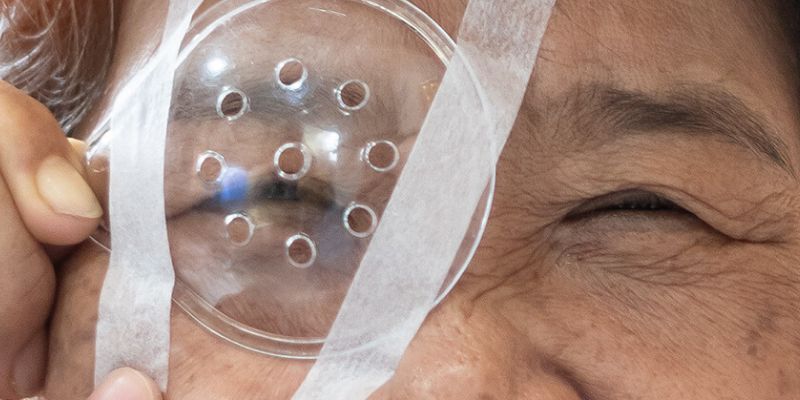
Effective Treatments for Wet Macular Degeneration
Wet macular degeneration needs even more forceful treatment to stop vision lossAnti-VEGF injections rank among the most often used and successful therapies for wet macular degeneration. VEGF is a protein that drives aberrant blood vessel development beneath the retina. Anti-VEGF injections block this protein, stopping the expansion of these blood vessels and lowering the fluid or blood-into-the-retina leakage.
Typically, the injections are given straight into the eye every 4 to 6 weeks. In some circumstances, this medication even enhances vision; it can help stabilize it in others. Regular anti-VEGF injections are often required for many people to maintain their vision over time. For optimal outcomes, follow the treatment plan and advice from your doctor.
Other Medical Interventions: Laser and Photodynamic Therapy
Apart from injections, laser therapy and photodynamic treatment (PDT) are other medical procedures available for wet macular degeneration. Laser therapy destroys aberrant blood vessels in the eye with a high-energy laser. Although this procedure is less frequent than it formerly was, depending on the site of the aberrant blood vessels, it could still be advised for some individuals.
Another choice is photodynamic treatment (PDT), in which aberrant blood vessels in the retina are targeted and destroyed with a light-activated medication. The patient receives a light-sensitive medicine injection; the medication is then activated, and the impacted area is treated with a cool laser. For more successful results, PDT may be used with other treatments, including anti-VEGF injections; it is less intrusive than conventional laser treatment.
Protecting Your Vision: Lifestyle Changes and Future Research
Beyond medical treatment, some lifestyle modifications can help preserve your vision and slow down macular degeneration's spread. When outside, wearing UV-protective sunglasses will help to shield your eyes from the damaging power of sunshine. Maintaining eye health requires a balanced diet high in nutrients like lutein and zeaxanthin (in spinach, kale, and other greens). Particularly for those who are highly at riskthat is, those over the age of 50 or with a family history of macular degenerationregular eye exams are also quite important.
Besides present medicines, continuous research looks at fresh approaches to fight macular degeneration. Two exciting directions are stem cell treatment and gene therapy. Researchers are examining whether stem cells might replace injured retina cells, restoring eyesight. Treating wet macular degeneration also shows promise with gene therapy, which seeks to change the genes driving aberrant blood vessel development. Although these medicines are currently in experimental phases, they give optimism for the next developments in managing this disorder.
Conclusion:
Although there is no cure for macular degeneration, medications exist to slow down its development and guard your eyesight. For dry macular degeneration, AREDS supplements and a good diet are advised as lifestyle adjustments. Wet macular degeneration is more severe yet treatable with anti-VEGF injections, laser therapy, and photodynamic therapy. Key components in controlling this problem include keeping proactive with frequent eye checkups and shielding your eyes from more injury. Future treatments for patients with macular degeneration may present even greater promise with ongoing research and developments.







